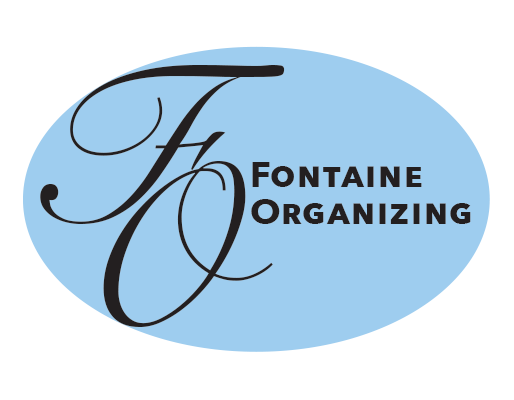An Easier Way to Journal
You’ve probably heard that keeping a journal will improve your life in some way. Touted benefits include the obvious: improved writing skills, reduced stress, and increased discipline. Benefits might also include the not-so-obvious: increased IQ and improved relationships.
I hear many people say that journaling is so important but I’ve always found it hard to implement. I’ve encountered all kinds of mental barriers to keeping up with a journaling habit. For example, here are some of the thoughts my brain comes up with:
If I don’t remember to write every day, it won’t count.
If it’s not super neat, then I need to start over in a new notebook.
I no longer believe what I wrote 6 months ago, so I should just toss the journal and start over.
What if someone reads it?!
What if I die and my family finds it while cleaning out my house?
I don’t think this is helping, and it takes too much time.
I have no idea what to write about.
Part of my problem has been pre-conceived notions about what journaling needs to look like. I had it in my head that it had to be pages upon pages of effusive writing or that it had to be historically important (Anne Frank) or deep and contemplative (Meditations).
It’s hard to do something when the bar is set so high that I’m not actually capable of reaching it.
Somewhere, sometime, I heard about a method of journaling that involves asking and answering a specific set of questions each day. This intrigued me because it fits well with my natural tendencies: I’m not great at free-form writing, and I find prompts really useful. There are many websites that offer a list of writing prompts to get started.
Over time I was able to work out a process in which I answer the following questions each day:
What worked?
I go over all the things that worked well or that were good during the day. This could include getting a new client, the first snow of the year, sticking with a new habit, or hitting 10,000 steps. What’s great about answering this question is that it forces me to remember that good things that happen - even on bad days.
What didn’t work?
Ideally, the answer to this question would be super short or non-existent. However, short or long, answering this question gives me an opportunity to learn and reflect on the things that didn’t go so well. Life doesn’t always go smoothly, and that’s ok..
How can I improve? (optional)
If my answer to “What didn’t work?” includes things that were in my control (which most things are to some extent), then I can jot down ways to improve for the future. Doing this gives me concrete things to work on.
If you’re struggling to set up a journaling habit but believe that the benefits (e.g. reduced stress) outweigh the risks (e.g. prying eyes), you might consider using the above questions as prompts. Another option is to create a list of questions that are relevant to your own life and goals.
Dust off one of those journals you’ve been collecting (I know I’m not the only one who has dozens of unused or partially-used journals), or hop on over to your local bookstore to pick up a fancy new one. It might be time to revisit closing out your day by doing some focused, IQ-boosting reflection.





